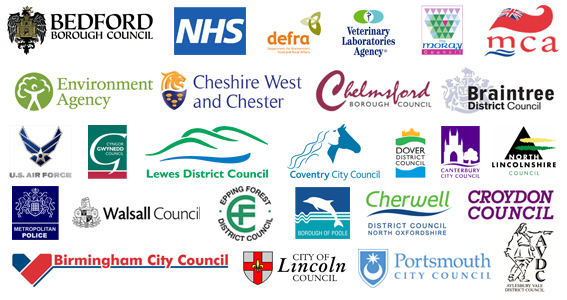News
Engineering Solutions ‘The Key’ To The Global Water Crisis
As you may well be aware, water stress and scarcity is a very real problem, a global concern that must be tackled – or we could all be in very dire straits indeed. Even the UK, a country that has long been associated with very wet weather and lots of water, is facing the very real prospect of serious water shortages come the year 2050.
So what can be done to help tackle the problem head on, in the face of a booming global population and very real climate change concerns?
Professor of engineering at Stanford University Richard Luthy (also an authority on water management) explained that the main problem is that the water systems we have in use now were designed for a different time, the Institution of Mechanical Engineers reports.
Not only that but the way that water is managed these days is both wasteful and damaging to the environment, with too much dependence on rivers and lakes for freshwater sources. If water usage is too heavy, these sources – as well as aquifers where groundwater is stored – run dry.
Mr Luthy also noted that countries are also especially wasteful with the water that they use, with only very small amounts recycled. For example, in the US less than one per cent of freshwater is currently recycled.
It’s essential that new ways to manage and source water are found, since just 2.5 per cent of the water to be found around the world is fresh – and less than one per cent can be easily consumed.
The news source went on to suggest that bringing in new engineering solutions is one of the most important ways to deal with the problem, so that the way that water is collected, stored and used can be improved upon.
For example, seawater desalination could be the way forward for drier countries and engineers are now working on better ways to remove the salt from seawater.
And canadian company Rainmaker has now devised a system that can turn air to water, making use of the 3.75 million billion gallons of water vapour in the atmosphere to help solve the problem.
But what can be done now and what can businesses in the UK and around the world do to help make public sector water savings in this country?
There are numerous steps you can take to reduce your water usage and wastage, but the first point of action should perhaps be to have a consultancy firm come to your site to carry out a water audit.
This will reveal any spikes in your usage and discrepancies in your water bills, which will help to identify whether or not you have any leaks on site. Once this has been achieved, recommendations can then be made to help reduce your bills and prevent water from being wasted even more.
